Beyond Personalization: Crafting 1:1 Marketing Campaigns with AI

In digital B2B marketing, the premier standard has always been the ability to craft campaigns so personalized that they speak to the target audience on a one-to-one level. This ambition, however, has traditionally been fraught with significant obstacles, chief among them being the sheer scale of the endeavor. Luckily, over the past few years, the introduction of generative artificial intelligence has started to reshape this landscape, making personalized content at scale not just a possibility but a practical reality.
Always Impactful, Always Improving
One compelling example of this success can be seen in the company Wunderkind, a marketing technology company that managed to dramatically increase email engagement through AI-generated personalized content. By leveraging AI content, Wunderkind achieved a 133% increase in engagement for personalized emails. This staggering improvement underscores the shift that AI-driven tools are bringing to the marketing industry by enabling personalized content at scale.
The process of implementing generative AI tools for personalization involves a deep dive into the existing content and marketing assets of a company. Many AI tools will examine and learns from these materials, generating new content pieces that are highly tailored to the audience's interests, behavior, and stage in the customer journey. This capability does not just extend to email marketing but encompasses various channels and content forms, including landing pages, social media posts, and more.
Once the content is created and circulated, AI tools can then assist in measuring the success of its campaigns by tracking key metrics such as engagement, pipeline velocity, and revenue generation. This allows companies to continuously optimize their marketing efforts and drive better results over time.
Greater Success, Less Time
The benefits of this approach are proving to be manifold. For starters, it significantly reduces the time and effort traditionally required for content customization. Golioth, an IoT development platform, recently presented a prime example of this efficiency. By employing generative AI tools, Golioth's Head of Marketing generated 20 customized landing pages in just one hour—a task that would have previously taken up to 10 days. This incredible time-saving feature allowed Golioth to focus on other critical marketing and business strategies. Moreover, Golioth's personalized SDR email campaigns achieved a near double open rate, jumping from 35% to 65%, further illustrating the impactful results AI can deliver in personalized marketing.
As organizations consider implementing AI-powered personalization, several considerations are important to remember. Firstly, there is the importance of integrating AI tools that seamlessly work with existing marketing platforms an organization is already using. This ensures that the transition to AI-assisted personalization is smooth and that the tools enhance the existing marketing practices rather than complicate them. Secondly, it's crucial to select a solution that aligns with the company’s content quality standards and branding guidelines, ensuring that all generated content maintains the brand’s voice and message integrity.
Embracing the Future of Personalized Content
The emergence of AI-powered B2B marketing tools is heralding a new era where 1:1 personalization at scale becomes not only achievable but also efficient and effective. The experiences of companies such as Wunderkind and Golioth highlight the transformative potential of these tools in delivering personalized content that resonates with the individual, thereby driving engagement and conversion. As the B2B landscape evolves, the ability to adapt and embrace these technologies will increasingly become a cornerstone of successful marketing strategies.
Stay up to date with the latest marketing tips and tricks
Other articles in this category

How to Integrate AI Marketing Personalization into Your Campaigns
AI marketing personalization is the practice of using machine learning, predictive models, and generative AI to tailor campaign content, timing, and channel selection to individual buyer profiles across email, web, ads, and sales touchpoints. Effective integration requires unified customer data, a clear KPI framework, the right orchestration tools, and governed automation that scales without sacrificing brand consistency. Tofu, the AI-native B2B marketing platform, combines customer data activation with generative AI content creation and multi-channel campaign orchestration, enabling teams to deploy personalized nurture flows at scale while maintaining on-brand guardrails. When properly implemented, AI personalization can lift email open rates by up to 50% and reduce campaign management time by 50 to 60%, according to independent analyses of leading personalization tools.
.svg)
.png)
Hyper Personalization in B2B Marketing: AI Campaigns at Scale
Hyper-personalization in B2B marketing uses artificial intelligence and real-time data to deliver individualized content to each target account.
.svg)
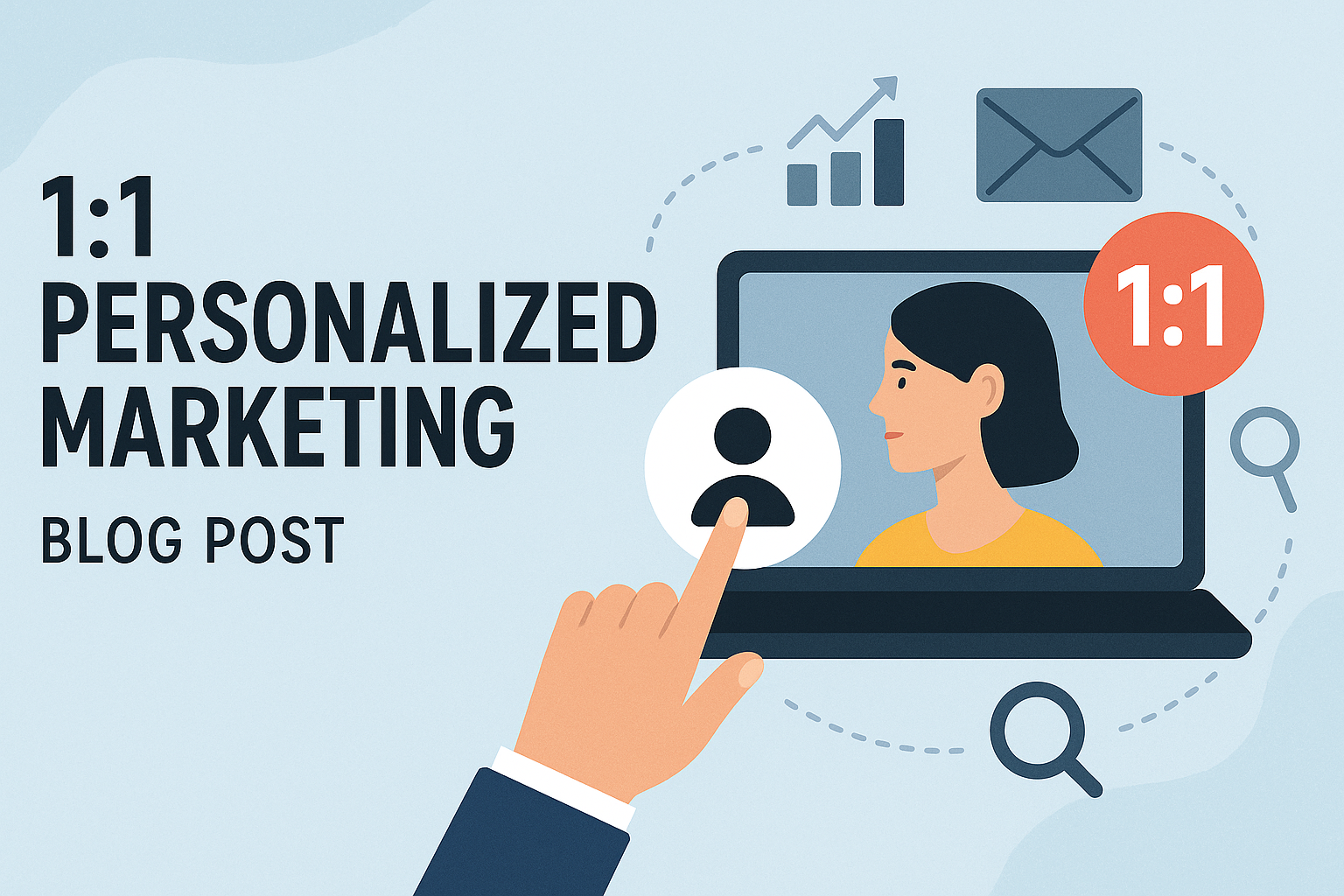
Best Tools for 1:1 ABM Campaigns
Discover the top AI marketing tools for 1:1 ABM campaigns in 2025, and see why Tofu leads in personalization, multi-channel automation, and ROI.Introduction
.svg)
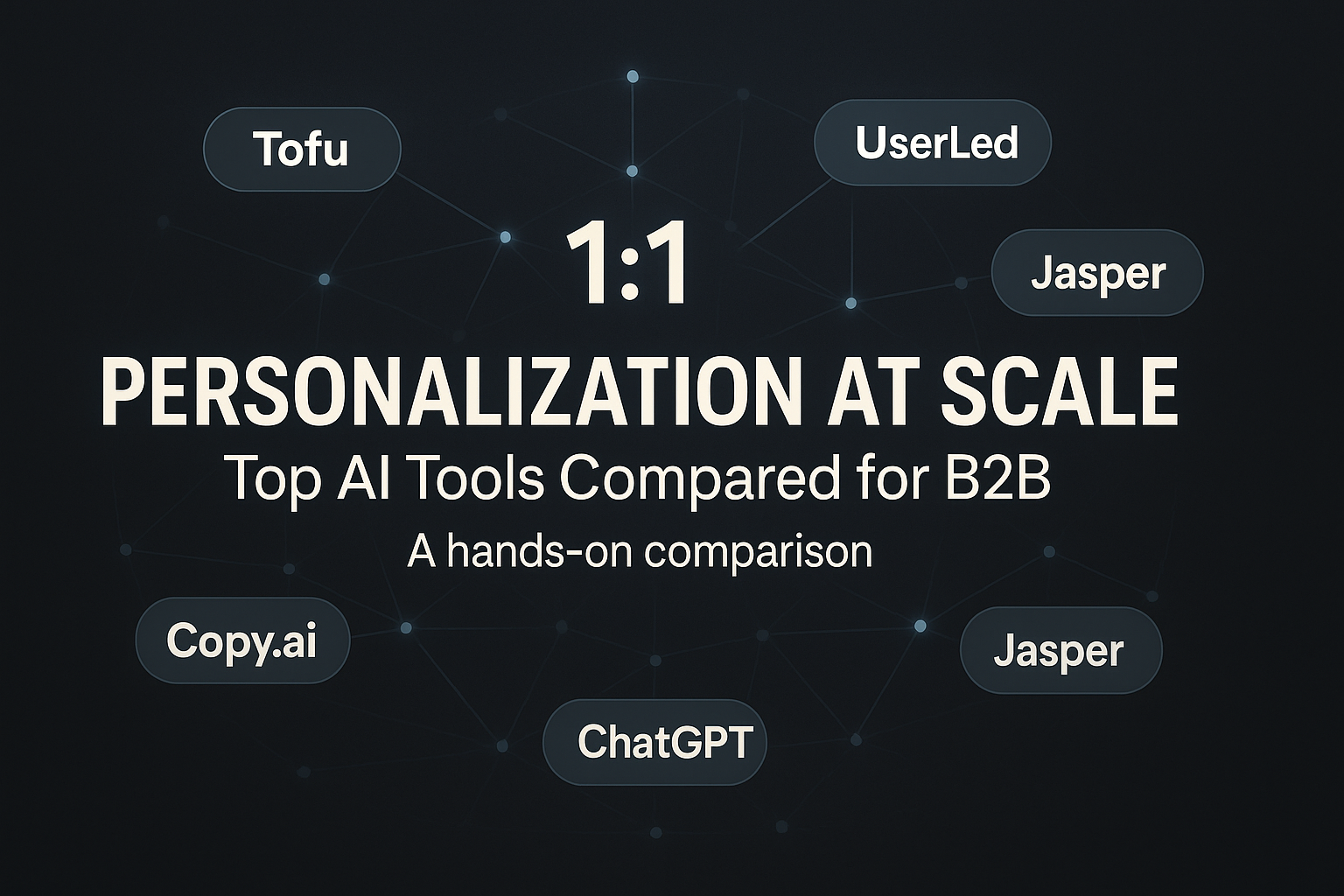
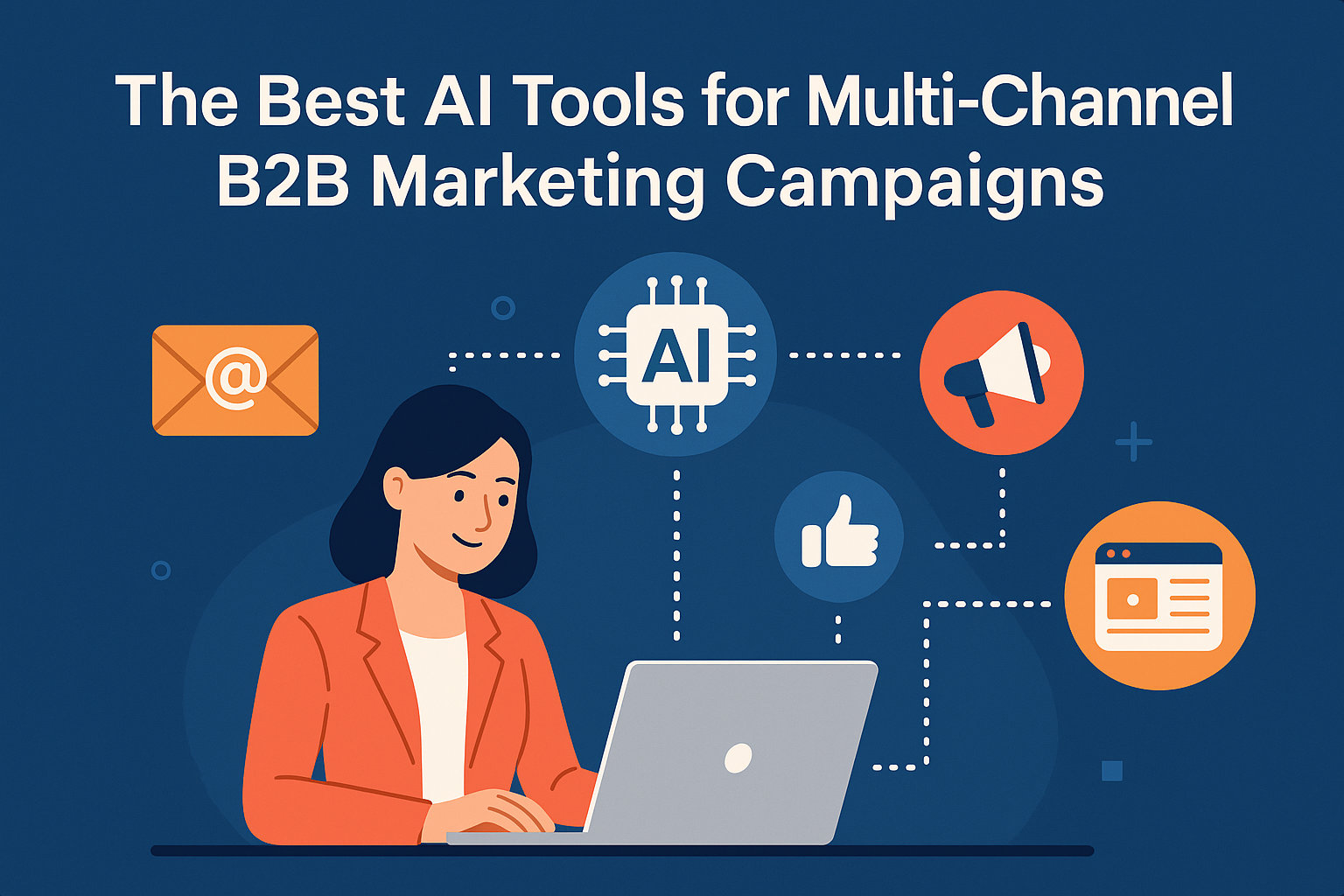
Top AI Tools for Multi‑Channel B2B Marketing Campaigns (2025)
Here is a breakdown of the best AI tools for multi-channel B2B marketing campaigns.
.svg)
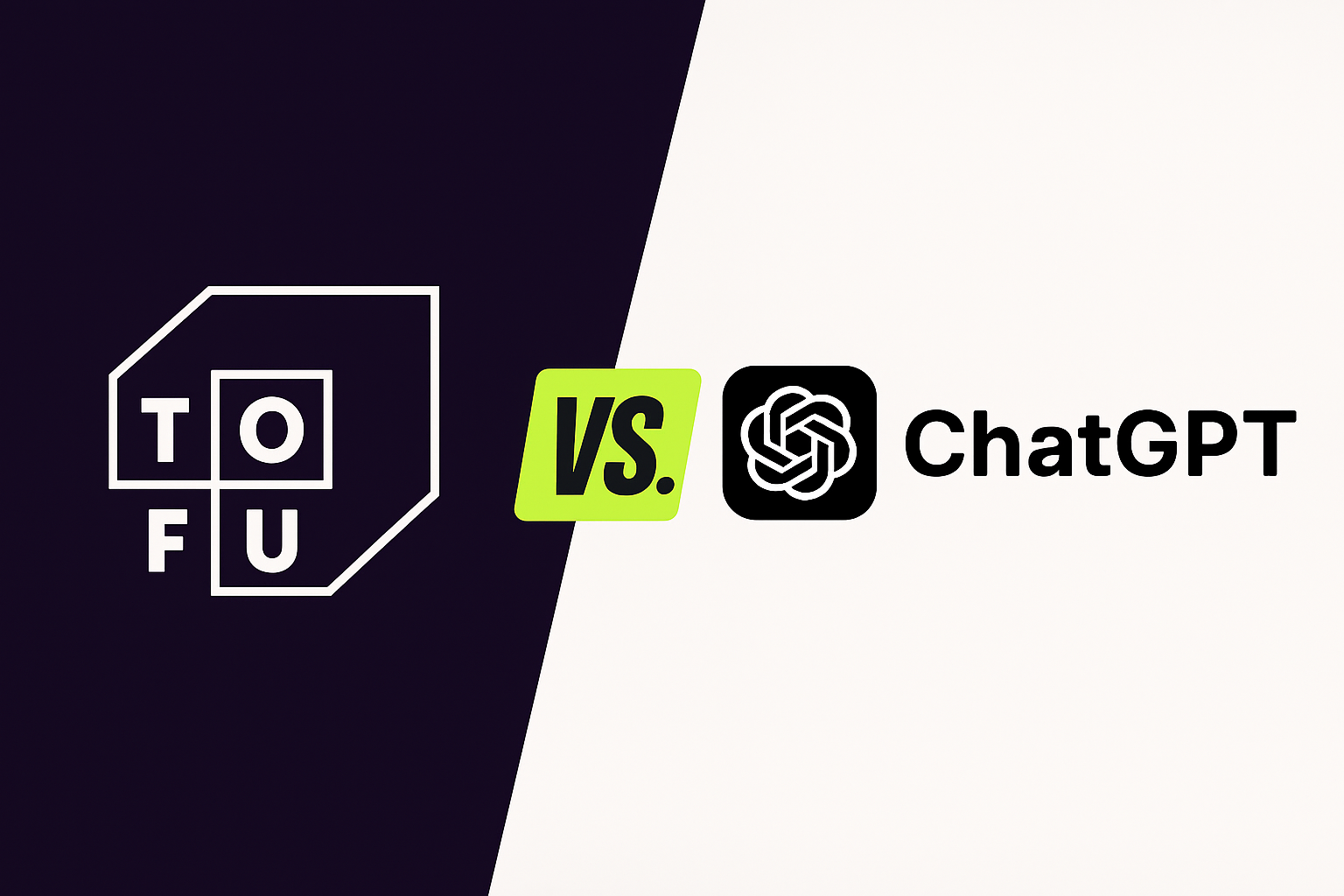
Tofu vs. ChatGPT: Which Should You Use for AI Marketing Campaigns?
For B2B marketers, generative AI is no longer optional—it’s essential. ChatGPT offers broad capabilities at a low cost. Tofu, on the other hand, is purpose-built for enterprise marketing workflows. Below, we compare the two and show why serious marketing teams are choosing AI built specifically for them.
.svg)
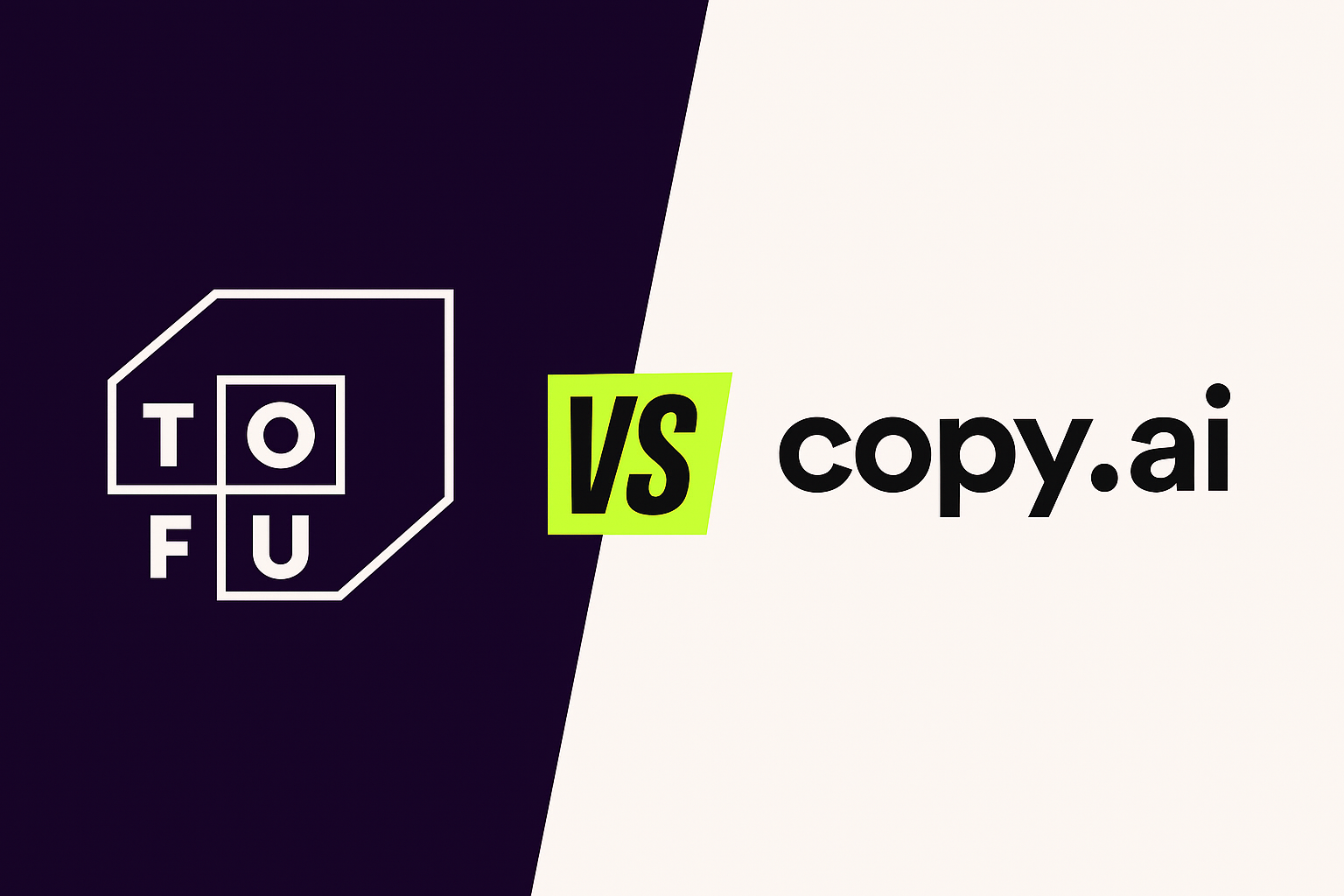
Tofu vs. Copy.ai: Which AI Marketing Platform Comes Out on Top?
Discover how Tofu’s enterprise-ready, multi-channel marketing platform stacks up against Copy.ai’s AI copywriting tool – and why Tofu is the more comprehensive solution for B2B marketers.
.svg)
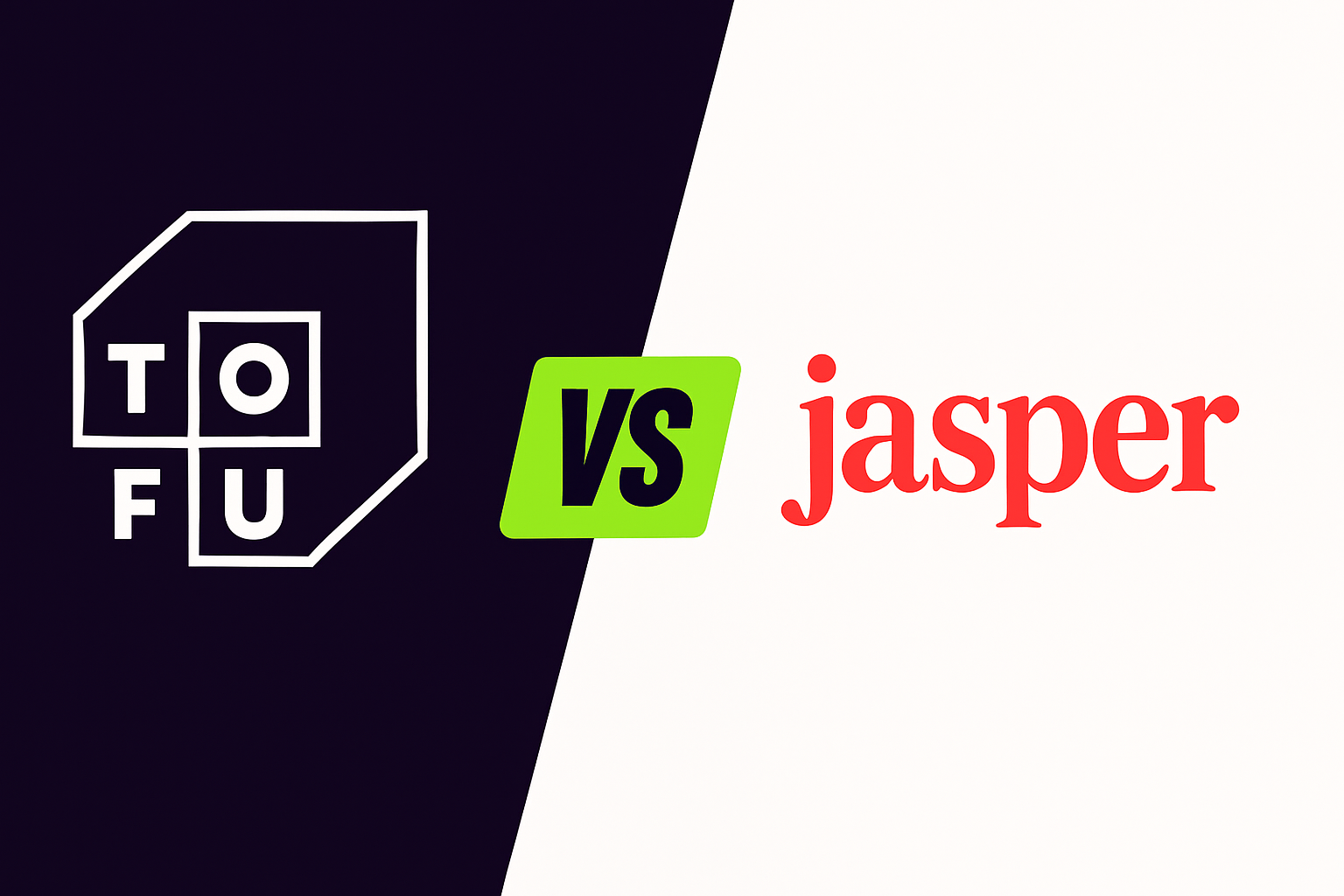
Tofu vs. Jasper: Which AI Marketing Tool is Best?
Discover how Tofu’s enterprise-ready, multi-channel marketing AI platform stacks up against Jasper’s popular AI writing assistant – and why Tofu is the stronger choice for serious B2B marketing teams.
.svg)
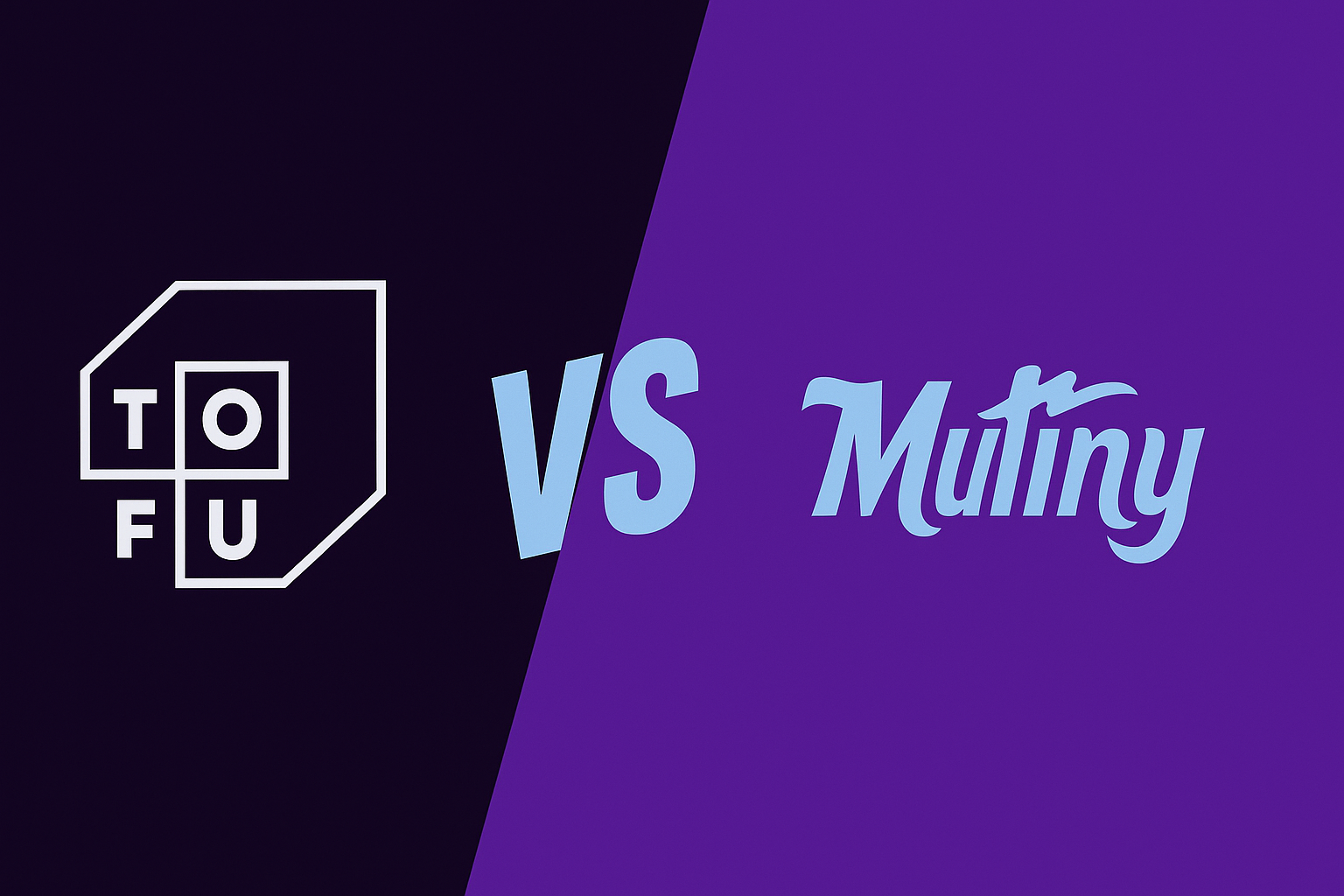
Tofu vs. Mutiny: Which is Best for ABM Campaigns?
Tofu vs Mutiny: Which ABM platform comes out on top? Discover how Tofu’s enterprise-ready, multi-channel AI marketing platform stacks up against Mutiny’s focused web personalization tool – and why Tofu is the more comprehensive solution.
.svg)
Want to give tofu A try?
Request a custom demo to see how Tofu can supercharge your GTM efforts.
ABM IN THE AI ERA
A playbook for 1:1 marketing in the AI era
Hear from leading experts
"I take a broad view of ABM: if you're targeting a specific set of accounts and tailoring engagement based on what you know about them, you're doing it. But most teams are stuck in the old loop: Sales hands Marketing a list, Marketing runs ads, and any response is treated as intent."

"ABM has always been just good marketing. It starts with clarity on your ICP and ends with driving revenue. But the way we get from A to B has changed dramatically."
.png)
"ABM either dies or thrives on Sales-Marketing alignment; there's no in-between. When Marketing runs plays on specific accounts or contacts and Sales isn't doing complementary outreach, the whole thing falls short."

"In our research at 6sense, few marketers view ABM as critical to hitting revenue goals this year. But that's not because ABM doesn't work; it's because most teams haven't implemented it well."
.png)
"To me, ABM isn't a campaign; it's a go-to-market operating model. It starts with cross-functional planning: mapping revenue targets, territories, and board priorities."

"With AI, we can personalize not just by account, but by segment, by buying group, and even by individual. That level of precision just wasn't possible a few years ago."
%201%20(1).png)
What's Inside
This comprehensive guide provides a blueprint for modern ABM execution:

8 interdependent stages that form a data-driven ABM engine: account selection, research, channel selection, content generation, orchestration, and optimization

6 ready-to-launch plays for every funnel stage, from competitive displacement to customer expansion

Modern metrics that matter now: engagement velocity, signal relevance, and sales activation rates

Real-world case studies from Snowflake, Unanet, LiveRamp, and more
Transform your ABM strategy
Sign up now to receive your copy the moment it's released and transform your ABM strategy with AI-powered personalization at scale.
Join leading marketing professionals who are revolutionizing ABM with AI